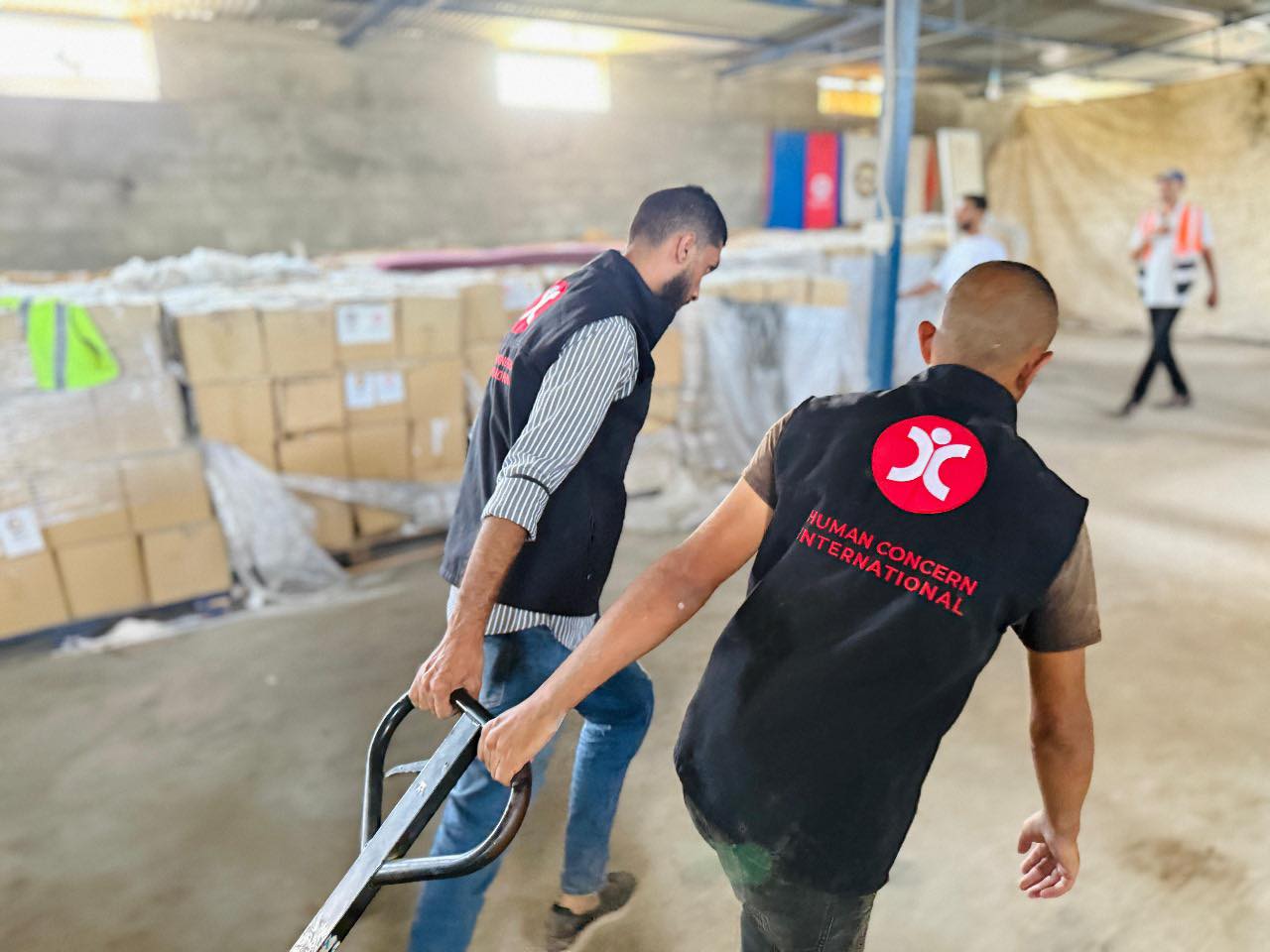Ready to deliver supplies, Canadian aid organizations remain stuck outside Gaza’s borders
Why It Matters
Aid organizations are still subject to new registration requirements that require them to give details about their staff to the Israeli authorities. Many organizations have decided this is a line they will not cross, meaning they cannot deliver critical aid to Palestinians.

Canadian aid organizations say they are waiting with critical supplies at the Gaza border, but are not able to get through to the Strip.
Despite a ceasefire agreement reached on Oct. 9, humanitarian access is still “in limbo” said Léa Pelletier-Marcotte, policy analyst at Oxfam-Quebec.
Oxfam’s ground staff have been able to deliver some potable water, hygiene and sanitation services, agricultural and land rehabilitation, and psychosocial support to parts of the Gaza Strip since the genocide began two years ago.
On Tuesday, however, Pelletier-Marcotte observed that only commercial goods are getting through the Gaza border. Oxfam-Quebec’s supplies – among them hygiene kits and products – remain stuck.
Humanity & Inclusion Canada is also ready to scale up following the ceasefire: “We have stocks ready at the border that have been there for months,” said Anna-Claire Yaeesh, HI Canada’s country director for the Occupied Palestinian Territories.
“These are mainly assistive devices: wheelchairs, crutches, prosthesis equipment.”
Israel’s registration requirements block aid
In August, a group of more than 100 humanitarian aid organizations around the world raised the alarm on Israel’s new NGO registration requirements. Among other information, aid delivery organizations would be required to provide a list of staff working in the Gaza Strip.
Many aid groups have decided this is a “red line” that they will not be crossing, as it further endangers Palestinian aid workers. Aid staff have, in the past two years, been targeted by the Israel Defence Forces.
According to the Aid Worker Security Database, 200 aid workers have been killed in the Occupied Palestinian Territories in 2025 alone.
Both Oxfam-Quebec and HI Canada noted that Israel extended the deadline for NGOs to register as per the government’s new requirements.
Since March 2025, several aid organizations have not been able to get a single aid truck into the Strip without registration.
Since the ceasefire deal was brokered on Oct. 9, some Palestinians have been returning home. However, Israeli authorities have also been accused of killing more civilians after the ceasefire began.
“Humanitarians have been here before,” Pelletier-Marcotte said. “We had a ceasefire before, and it broke.”
Canada joined more than 150 countries around the world in recognizing the Palestinian state in September 2025.
Prime Minister Mark Carney was also recently at the Middle East Peace Summit in Egypt, stating that “Israel must open border crossings to enable the unimpeded, sustained and large-scale delivery of humanitarian assistance to civilians in Gaza.”

